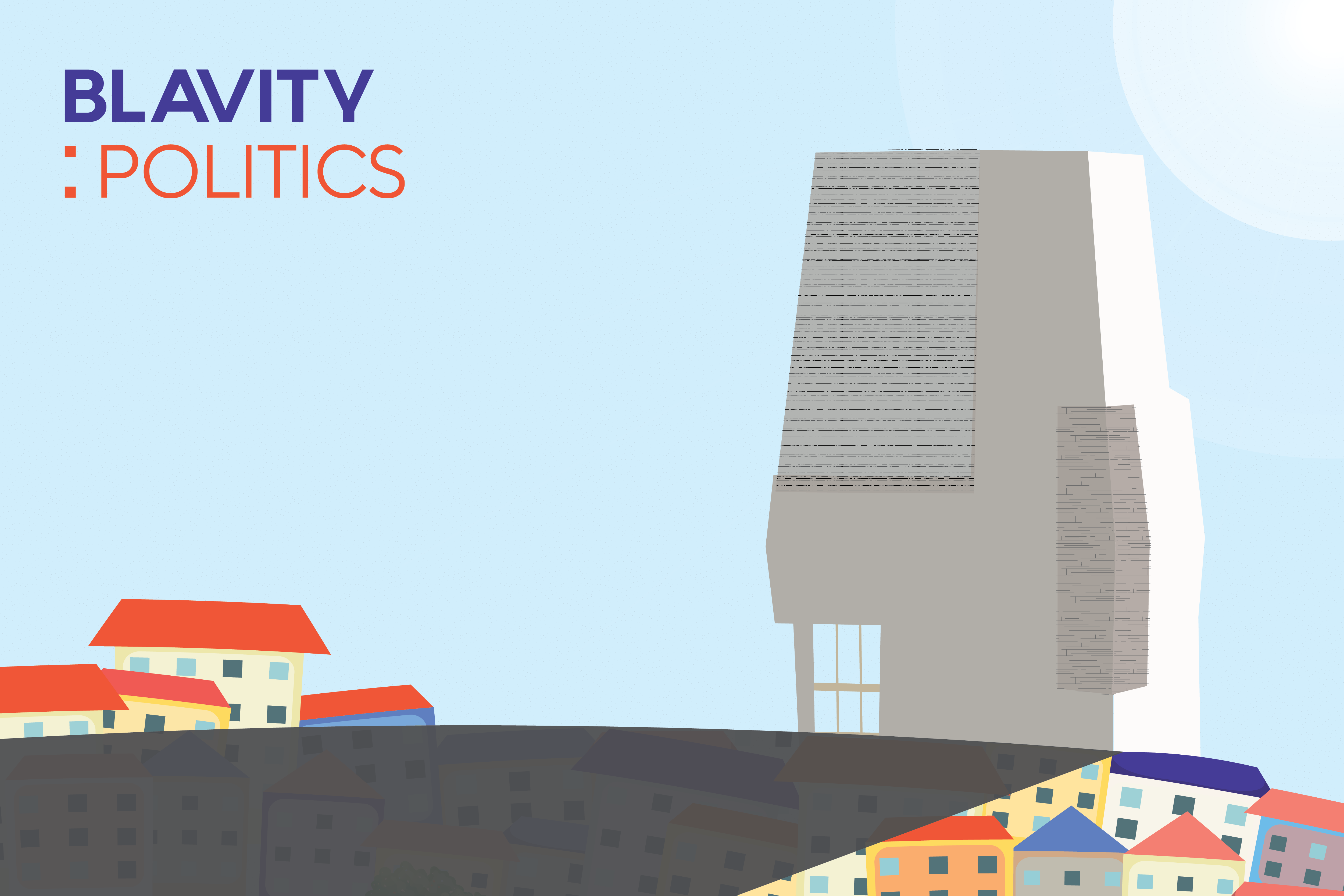Since the Obama Presidential Center announced it would be based in Chicago, excitement has grown in the city — especially after a federal court cleared the way for construction to begin last month.
Chicago's South Side, which has largely been looked over for financial investments in the past, won a large infrastructure investment. The Center is estimated to bring 5,000 construction jobs and 2,500 permanent jobs. The economic impact is estimated at $3.1 billion in the first decade, according to the Obama Foundation.
“Today’s vote advances our vision of an Obama Presidential Center and Museum that is a world-class amenity on the south side of Chicago. [This is] an investment in our neighbors and this entire city, and an opportunity to revitalize Jackson Park,” said Obama Foundation CEO David Simas in a statement last year. “It will also serve as a reminder to all our children that their potential is limitless.”
But, some groups say the Obama Foundation should sign a community benefits agreement (CBA), a legally binding contract negotiated between a developer and community members/organizations.
Prior to the center's construction, the Foundation held town hall meetings for community feedback. Jeanette Taylor, a community activist and a current member of the city council, asked representatives how the benefits agreement could be signed. She was greeted by a video conference with former President Obama, who explained his issue with the idea.
“I know the neighborhood. I know the minute you start saying, ‘Well, we’re thinking about signing something that will determine who’s getting jobs and contracts and this and that'… next thing I know, I’ve got 20 organizations coming out of the woodwork," Obama said, according to DNAInfo.
Taylor says Obama's response was one of the reasons she ran for city council: to stand up to the Obama Foundation and negotiate the best terms.
"I have nothing against the first Black president of the United States, but when a person has the power to protect low-income and working families and they don’t — if it’s Queen Elizabeth, if it’s Beyoncé, I don’t care — we should always challenge it. Period," Taylor said to Jacobin.
As an alderman, Taylor raised the community benefits agreement to a vote by the entire city council on July 24.The agreement was voted into the Housing Committee on July 24 where it will need to get their approval, it is not yet known if the ordinance will make the agenda for the committees next meeting in September.
Though details on the exact final framework of the proposal have not been released, the initial framework was taken from the Obama Community Benefits Agreement Coalition, a group of organizations fighting for an agreement.
The outline of the proposed ordinance, agreed upon by the multiple organizations, is divided into six sections but largely cover three major points:
- Require that jobs be set aside for people in communities around the Obama Presidential Center
- Protect low-income housing and homeowners
- Support and create Black businesses
"Typically, when something major comes into a community, taxes go up, low-income residents are displaced, there is an influx of new residents who want to be in the area, prices go up. We want to be sure when it floats, we float with it," Deborah Taylor, a housing organizer with Southside Together Organizing for Power, said to the Chicago Tribune.
The coalition points to Los Angeles and the community benefits agreement put in place around the Staples Center as an example for how to protect affordable and subsidized housing, reserve jobs for community members and invest revenue into neighborhood schools and businesses.
"Everyone wants the Presidential Center; the issue is will people be able to stay in their homes," Alderman Leslie Hairston, who has come out in support of a CBA, said to Blavity. "That's what we're looking at: that any new constructions being done in the area be affordable. I think those are reasonable requests."
Voters in the affected districts came out in support of an agreement, with nearly 90% of voters in affected precincts voting "Yes" in a non-binding referendum, which is not required to be put in place.
With Taylor on the city council leading the charge and support from residents of affected districts and newly elected Chicago Mayor Lori Lightfoot, moves toward an agreement to keep the city's largely Black South Side residents in their homes continue.
"Our big focus is to keep people in their homes. There is a jobs component among other things, but as we saw it, the meat was to make sure people could stay in their homes and build affordable housing. That's where the work is," Ald. Hairston said. "We're not done yet. We're still working."
Residents of the South Side neighborhoods affected by the coming center will need assistance to keep their area's roots intact. With many areas of largely Black neighborhoods within Chicago, like Hyde Park, already facing the forces of gentrification, residents are strongly pressing for an agreement.
“I remember back when Hyde Park started to become more Caucasian,” Derrick Payne of Hyde Park said to Blavity. “Don't get me wrong, diversity is great, and we all can learn from people of all kinds of cultures. It just feels like we get bulldozed when it happens to us. It's not right.”
The proposed agreement will need to be approved by the Housing Committee before being brought to the full City Council for a vote.
